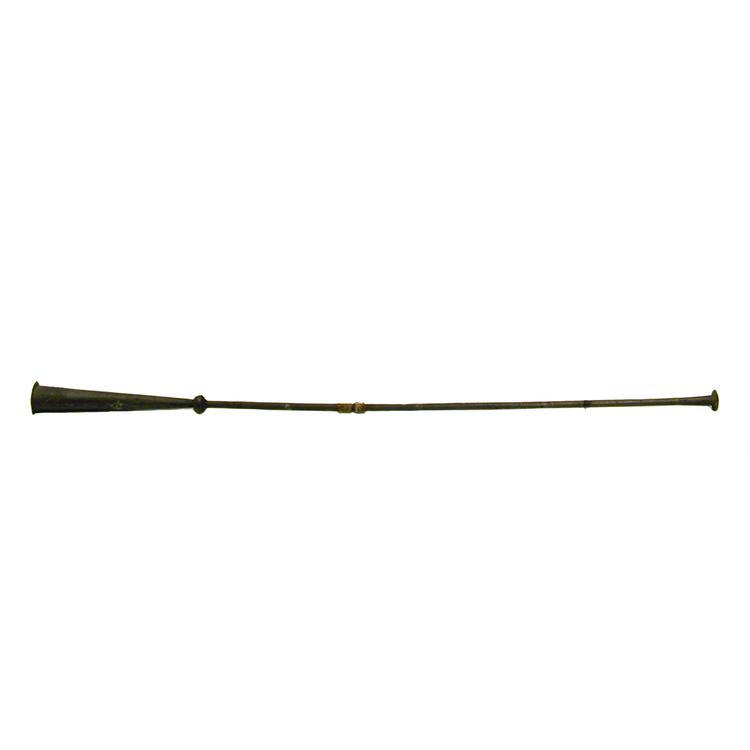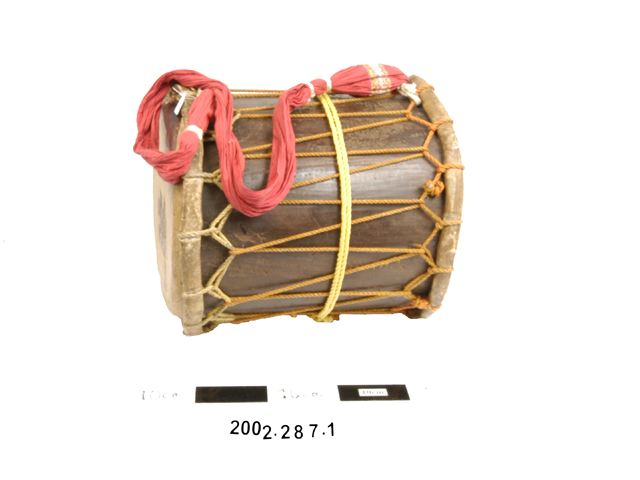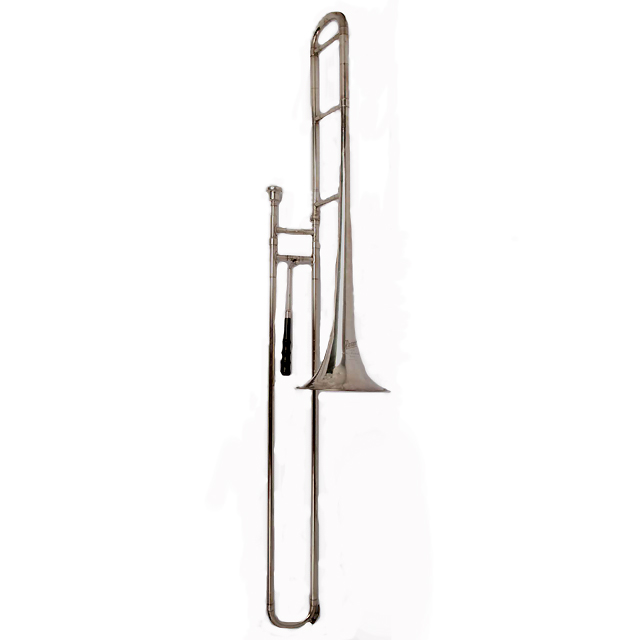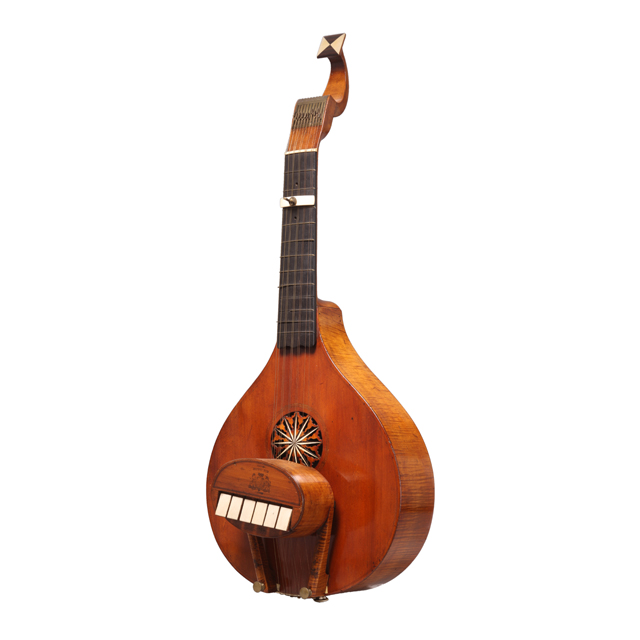
Kakaki, long trumpet.
The kakaki is a signifier of royal or aristocratic status in many Islamic cultures of West Africa. Its origins lie with the Hausa people, but the spread of Hausa influence to neighboring cultures in the 19th century led to the wider adoption of the instrument, and it is now also closely associated with Fulani emirs. The use of the kakaki varies between these cultures, but they are usually used in groups of at least four, accompanied by cylindrical ganga drums and occasionally with the algaita, the most common oboe of West Africa. The pitches and rhythms performed by the kakaki imitate those of speech. The group consists of a soloist and an ensemble who alternate in statement and response intoning a text, known as a take, in praise of the group's patron.







